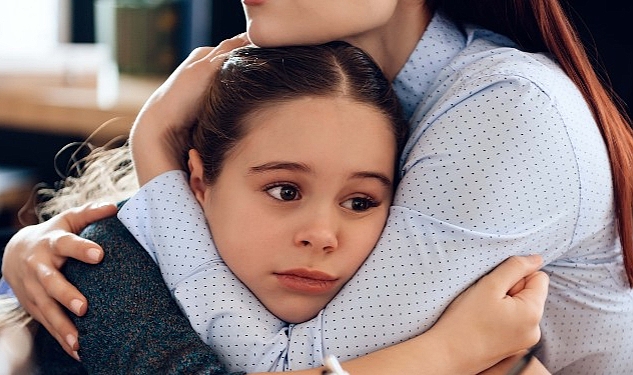
Konya Chamber of Commerce (KTO) Karatay University School of Health Sciences Child Development Department Head Assoc. Dr. Hatice Yalçın made a statement.
KTO Karatay University School of Health Sciences Child Development Department Head Assoc. Dr. Hatice Yalcin; “In a child who has experienced an earthquake or learned that his favorite people are in distress in the earthquake zone, his sense of trust is damaged and symptoms of post-traumatic stress disorder may occur that are not immediately noticed but have severe consequences. Children are most afraid of ‘post-earthquake uncertainties’. In some children, the emotional effects after the earthquake are permanent and can last until adult life with panic attack symptoms, it is important to observe the child.
“Young Children Cannot Understand Earthquake”
Reminding that especially young children cannot comprehend the earthquake yet, they will watch and imitate the reactions of the adults around them, Yalçın said; “Children are more affected by the earthquake if they see excessive tension and intense anxious reactions in the environment or if the parents become pessimistic due to the earthquake. Children read their parents’ body language very well; If they behave calmly and solution-oriented, the child can cope with earthquake fears more easily.
Yalçın also emphasized that the feeling of trust is the most basic emotional need for children. “When children are given false information about the earthquake, there will be a loss of guilt, introversion and a sense of trust in children,” he said.
What can be told to children about the earthquake?
Yalçın: “We are with you, we are together, you are safe with us, we love you, we will do our best for our relatives who experienced the earthquake” should be said by lowering the child’s eye level, holding his hands or stroking the back. Also, saying ‘you are right, we were all very scared, but we are safe and our acquaintances in the earthquake area will also be safe, all precautions are being taken’ will reinforce the child’s sense of confidence.
Reminding that after the earthquake, the child became aware of the body language and sincere joy of the people he played with the most, and that his awareness and attention increased after the earthquake, no matter how old the child is, Yalçın said; “If the child wishes, he can be asked to draw a picture and write down his feelings about the earthquake,” he suggested.
Emphasizing that children will have intense concerns about the future in the first few weeks after the earthquake, Yalçın said; “After the earthquake, the interest of the close social environment relieves the child. However, since some anxiety symptoms may continue, it is very important to continue to support the child at regular intervals. It will be comforting for the child to have him express his feelings. After a disaster such as an earthquake, young children constantly ask questions. In fact, this is an effort to make sense of the losses they experienced and a kind of head work. Every question should be answered, and if the answer is unknown, it should be said that it will be learned and told to him. It should not be overlooked,” he said.
What Should Never Be Told to a Child About an Earthquake?
Yalçın stated that exhibiting an attitude that reassures the child will eliminate the negative feelings that the child may experience; “The child who is already experiencing intense anxiety due to the earthquake should not be told sentences that increase anxiety such as ‘People are punished with earthquakes because they are bad’ or ‘The world has come to an end’. In this case, the child experiences an intense belief that he will be punished if he commits a bad behavior. Likewise, ‘Look, there may be an earthquake here, we may die, do what I say, do not make us sad’ should not be spoken. This attitude, which makes the child worry unnecessarily, increases the child’s fears and leads to obsessions that continue until adulthood. Since it will reduce the child’s self-efficacy, fait accompli sentences such as ‘You will feel this, do that’ should not be said,” he said.
What Can Be Done for Emotional Support After Earthquake?
Rugged; “Dozens of people become homeless or die in the earthquake. However, thousands of people and most children are affected as much as they are. It is difficult to get expert help for each individual, but documents can be prepared that provide information about traumatic stress, explain the treatment rationale, and offer suggestions with tiny scales for self-evaluation. They should be taken to playgrounds where they can play with other children, and time should be created for play. A similar order should be established after the earthquake, such as sleep times and routines and eating habits, as before the earthquake. Thus, the child’s coping and adaptation becomes easier,” he said, and drew attention to the support that experts can provide about earthquakes.
Source: (BYZHA) – Beyaz News Agency

